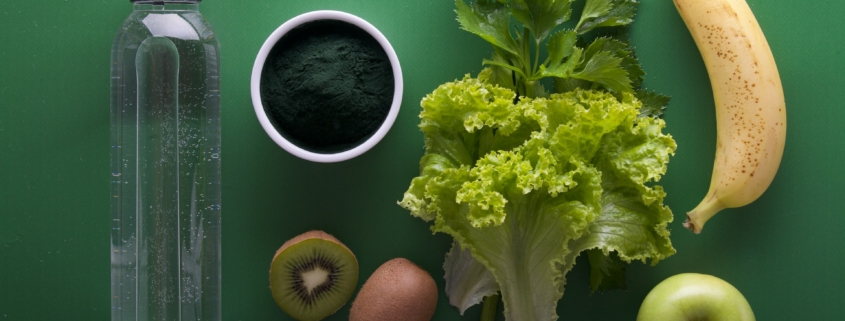Gut Health—it’s different than you think
Poop jokes aren’t my favorite, but, they are a solid #2. Okay, not the best dad (or in my case, mom) joke, but I have others! We all do. There are a lot of poop jokes out there.
Gastrointestinal health is something that hasn’t been taken seriously for a long time—at least not since the position of attendant to the British monarch’s stool (known as the Groom of the Stool) was abolished in 1901. Considered a posting of honor (as opposed to a crappy job) for hundreds of years, as flush toilets and toilet paper became all the rage, poop was relegated to becoming the butt of our jokes (sorry).
But with the rise of DNA analysis and the ability to see just what is inside our most comedically valued organ, gut health has become anything but a laughing matter. It may be the key to unlocking better health for many of us.
Let’s examine what’s changed:
| 1900s thinking: Our gut is a long tube from our mouths to our behinds. | 2000s thinking: Our gut is a complex organ made up of our own cells along with trillions of microorganisms. It has vital impacts on our immune system, our moods, and even hormonal regulation of how much and when we want to eat. |
| 1900s thinking: Our gut will absorb the nutrients we need and poop out the things we don’t. | 2000s thinking: Whatever we aren’t digesting, we are feeding to those microorganisms in our guts (called the microbiome). What we eat promotes which organisms grow and where in our guts they are growing. |
| 1900s thinking: The total amount of calories you eat along with macronutrients like carbs, fats, and protein will determine how much you weigh and how healthy you are. | 2000s thinking: Calories and macronutrients can be important, but they aren’t the whole story. Eating ultra-processed foods (especially those with emulsifiers) can cause us to eat more and gain excess weight, can disrupt the microbiome and our gut lining, and are a contributor to the exponentially rising rates of a host of diseases. |
| 1900s thinking: It doesn’t matter how ingredients are processed. Adding vitamins and other supplements to ultra-processed foods is the same as getting them from whole foods. | 2000s thinking: Getting nutrition from whole foods is critically important to good health. |
Our bodies, along with our microbiomes, digest whole foods differently than food that has been ultra-processed. We are just beginning to understand how an additive, when extracted from a “natural” source, may be disruptive to the synergistic relationship between ourselves and our microorganisms.
There are a lot of new and exciting discoveries being made in gut health, because ultimately, medical ideas are like diapers (okay, last one, I promise). They need to be examined and changed when they aren’t quite right.

